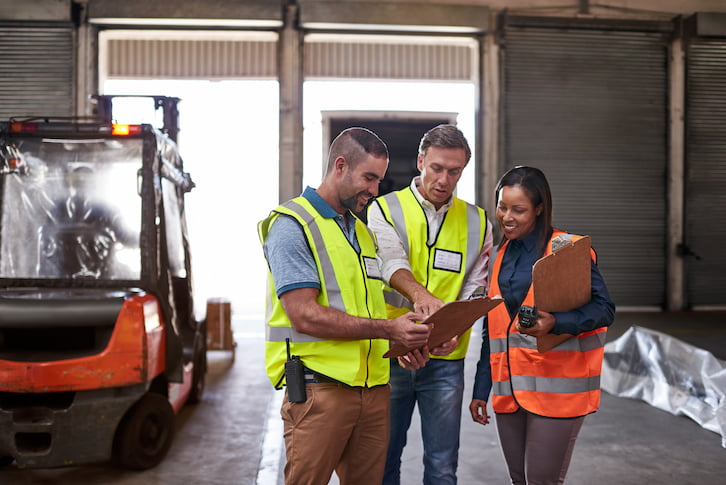WA's new health and safety laws will mean those with significant financial or operational control in a business must be able to prove they are proactive on WHS issues.
So what does that mean?

WA's new workplace health and safety laws hold a potential landmine of liability for those considered “officers” under the law's definition. And an officer includes anyone within a business who makes, or influences, significant financial or operational decisions.
Read more on who may fall within this category
Officers face increased “due diligence” duties - and the new laws mean you won't be able to insure against WHS penalties. Every officer, excluding volunteers, can be prosecuted for failing to meet their duty - even if there hasn't been an incident.
So, what do you need to do to be able to demonstrate a proactive approach to WHS matters?
You need to be able to show you've exercised “due diligence” to protect the health and safety of workers and others who may be affected by your business's activities. The steps you take will depend on your role and influence in the business and the company itself.
In general, you will need to do what you reasonably can to make sure the business has suitable safe work systems, and check they are up-to-date and working well. This means you will need to:
How you go about this will depend on the business.
Start by getting on top of your WHS legal obligations for your industry, type, and size. You should also read, or ask suppliers about, the hazard and safety precautions that come with any product you use.
Industry associations and trade publications can also help you stay up to date. Depending on your industry, size and the complexity of your business, it can make sense to call in a WHS expert. If you want to use CCIWA, we can give you a sense of whether this is necessary or not in an initial phone call on (08) 9365 7660.
You will need to understand your business's day-to-day operations and the hazards and risks associated with that type of work.
This information can come via workers, colleagues, professional associations, team meetings, your supply chain, networks or by setting up a WHS committee. You should also inspect the workplace to check on how work is being performed, including work by contractors.
You will need to understand your business-specific WHS needs before you can tackle this step.
WHS resourcing may include making sure you have enough staff rostered on and that they're given sufficient breaks, especially from repetitive work. You may need to include safety personnel on-site or run regular training. You will also need to make sure that the correct work processes are in place and that appropriate safety equipment is in place and in use. This could mean “walking the floor” at regular intervals or spot checks.
“Communication is key to effective WHS practice,” says CCIWA Senior Workplace Health and Safety Practitioner Rachael Lincoln.
“You should be consulting and coordinating with other duty-holders, and ensuring you're meeting your licensing obligations.
“It's important to make sure the culture of encouraging WHS feedback is also in place, not just the processes. You need you have sufficient incident reporting processes in use, and that corrective actions are implemented in a timely way.”
For support working through your unique business operations, contact our WHS team on (08) 9365 7415, or via [email protected].












